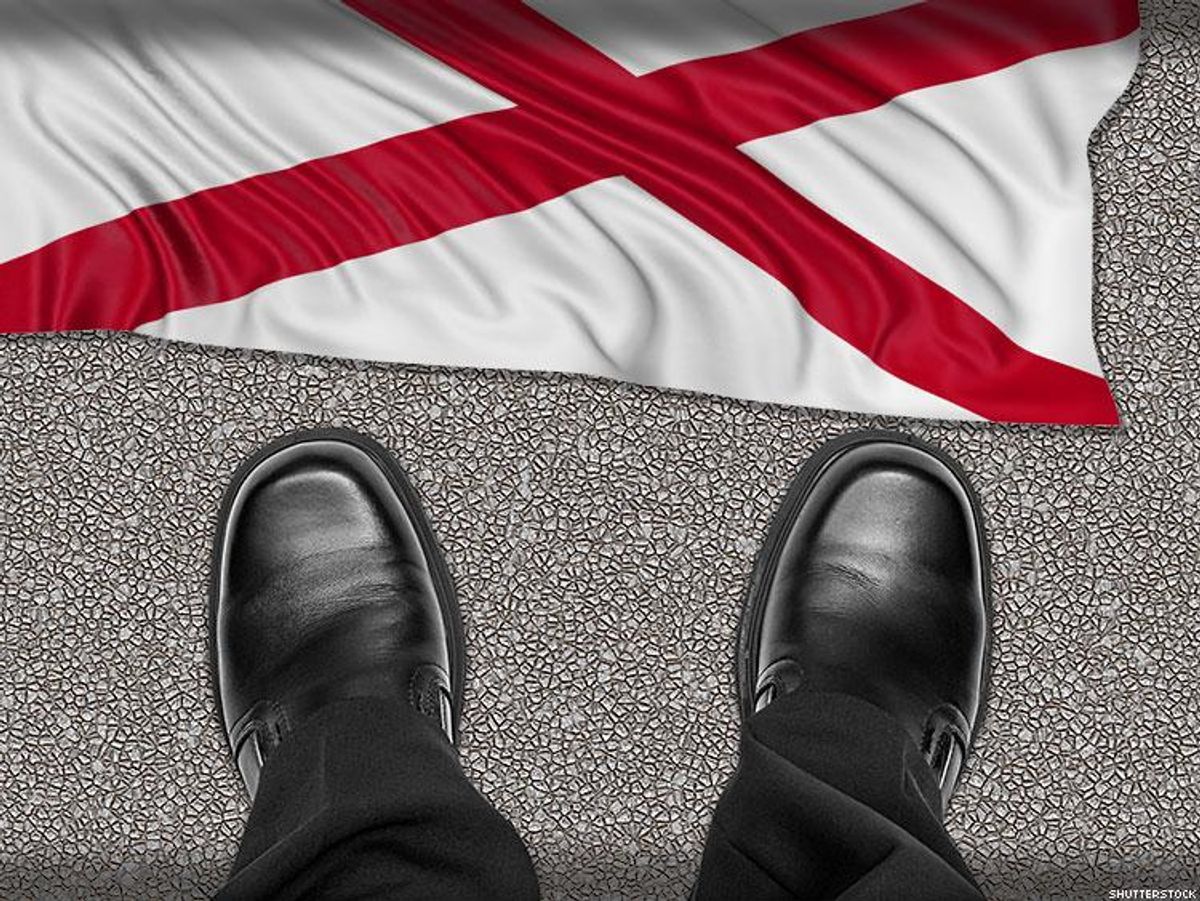In a ruling that will protect LGBT parents across the country, the U.S. Supreme Court on Monday sharply rebuked the Alabama Supreme Court for refusing to recognize a Georgia adoption by a lesbian mother, our client. The U.S. Supreme Court's decision in our case was unusual in three ways. First, it reversed the Alabama Supreme Court's decision "summarily"-- that is, without any briefing or oral argument, relying solely on the initial petition asking the court to hear the case. Second, the decision was attributed to the entire court, not to any individual justice. And third, it was unanimous, with no dissenting opinion from any justice. Taken together, these three factors send the strongest possible message rejecting the Alabama Supreme Court's attempt to unsettle the stability of adoptions by LGBT parents.
The facts in this case are typical of those in many other families. A lesbian couple had children through donor insemination. The nonbiological mother adopted the children in Georgia to ensure that both parents had legal recognition. Years later, when the couple's relationship ended, the birth mother argued that Alabama, where the couple lived, did not have to recognize the adoption. The Alabama Supreme Court ruled that the adoption was void because it believed that Georgia law should not have allowed an unmarried same-sex couple to adopt.
From a family law perspective, that Alabama ruling was unprecedented, marking the first decision by a state supreme court in our nation's history refusing to honor an adoption from another state based on disagreement with the other state court's interpretation of its own state law. If the U.S. Supreme Court had permitted that decision to stand, it would have caused unimaginable instability and chaos for our families, giving state courts permission to disregard the parental rights of adoptive LGBT parents. Instead, the U.S. Supreme Court unanimously reversed the Alabama Supreme Court's decision. In no uncertain terms, the court held that the Full Faith and Credit Clause of the U.S. Constitution requires states to honor adoptions granted in other states. As the U.S. Supreme Court explained: "A State may not disregard the judgment of a sister State because it disagrees with the reasoning underlying the judgment or deems it to be wrong on the merits."
The U.S. Supreme Court's decision safeguards the rights of millions of adoptive parents and children. It also protects all LGBT people facing backlash in the wake of last year's ruling in favor of marriage equality. After the U.S. Supreme Court ruled in Obergerfell v. Hodges that same-sex couples have the freedom to marry, many states, including Alabama, tried to turn back the clock by finding new ways to sanction and encourage bias against LGBT people, from bills targeting transgender students and condoning anti-LGBT discrimination by businesses to Alabama's most recent attempt to strip away the rights of adoptive LGBT parents.
Monday's unanimous decision from the U.S. Supreme Court sends a clear message that LGBT parents are entitled to equal protection. More broadly, it shows that states may not exclude LGBT people from the same rights and protections given to others. As we continue to face backlash and escalating attempts by state legislatures to harm LGBT people, the U.S. Supreme Court's ruling is a welcome reminder that our nation's highest law -- the federal Constitution -- stands as a bulwark against inequality and injustice. We have a long way to go, but as we continue to battle reactionary measures in many states, the U.S. Supreme Court has sent a welcome and timely reminder that LGBT people must have basic equality under the law.
CATHY SAKIMURA is the family law director at the National Center for Lesbian Rights, which represented the Alabama mother who challenged the Alabama Supreme Court's refusal to recognize her out-of-state adoption.













































































